AI Pulse Weekly: New Eyes, New Minds The Week AI Got Personal
Introduction
This week, something important happened in the world of AI: it started to feel more personal Exclusively on AI Pulse Weekly.
AI tools are no longer just answering questions or writing emails—they’re starting to understand us better, adapt to our needs, and fit into our daily lives in more meaningful ways.
In this issue of AI Pulse Weekly, we explore the biggest updates from companies like Google, Meta, and OpenAI. Google is using its new Gemini AI to teach languages and challenge Duolingo. Meta has launched its own AI app to compete with tools like ChatGPT. Meanwhile, Sam Altman is rolling out eye-scanning ID tech that could change the way we prove who we are.
We also look at how specialist AI tools—focused on one job—and generalist AIs—like ChatGPT—are taking different paths. Some tools are now combining both approaches to create smarter, more helpful assistants.
This week’s issue shows how AI is moving closer to us—not just in what it can do, but in how it connects with our work, learning, identity, and even the environment.
Read and Download the May 2025 Edition Now for Free Now
To read the May 2025 edition of AI Pulse Weekly, flip through our interactive PDF below. Whether you’re on your desktop or mobile device, this magazine lets you explore articles, visuals, and expert insights on the latest AI trends and ChatGPT innovations.
Download the May 2025 Edition for Offline Reading
Prefer reading offline? Download the AI Pulse Weekly May 2025 Edition PDF to enjoy anytime, anywhere.
Articles in This Edition
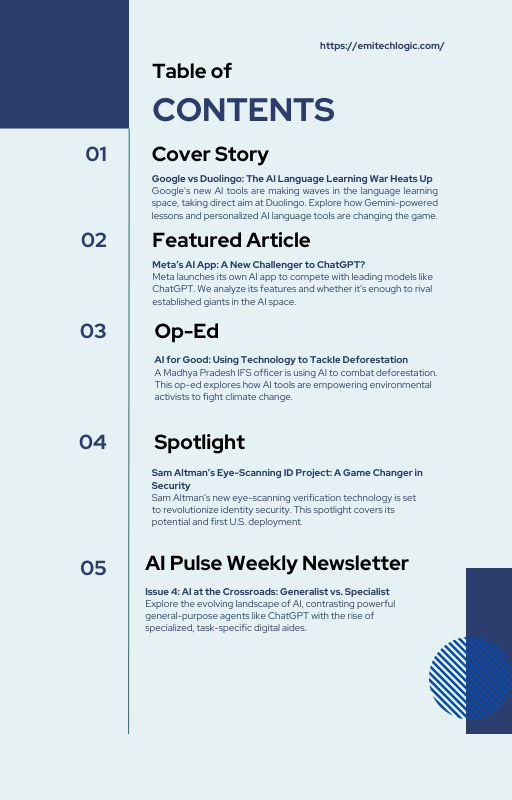
Cover Story: Google vs Duolingo – The AI Language Learning War Heats Up
This week, the battle for the future of language learning entered a bold new phase.
Google is no longer sitting on the sidelines. With the power of its Gemini AI, Google is building tools that go beyond flashcards and quizzes. Its new AI-powered features bring real-time corrections, interactive speaking practice, and context-aware tutoring that adapts to how you actually learn. It’s personalized. It’s dynamic. And it’s a clear shot at Duolingo’s long-held dominance.
But this isn’t just about who teaches better Spanish.
This is a clash of learning philosophies. Duolingo has always embraced a gamified approach—fun, fast, and addictive. Its short, daily lessons keep users coming back with points, streaks, and leaderboards. But Google is going deeper. Gemini’s language tools focus on understanding the learner, offering flexible instruction that changes based on your pace, goals, and even your mistakes.
In other words, Duolingo wants you to learn through repetition. Google wants you to learn by being understood.
This shift tells us something bigger about the direction of AI in education. It’s no longer just delivering content—it’s observing, adapting, and learning how you learn. That means more personalized, efficient learning experiences. It could also mean a complete rethinking of how we use AI in classrooms, tutoring, and self-guided education.
As Google continues to roll out Gemini’s features across its platforms, Duolingo may need to evolve fast—or risk losing the language learning crown to a new kind of teacher: an AI that understands not just the subject, but the student.
Featured Article: Meta’s AI App – A New Challenger to ChatGPT?
Meta has just launched its own AI assistant app—and it’s stepping right into the ring with big names like ChatGPT, Claude, and Gemini.
But here’s the real question: Can it compete?
What makes Meta’s AI app different isn’t just what it does—it’s how it’s trying to connect with you. While other AI tools focus on answering questions or solving tasks, Meta wants to go deeper. It’s building an assistant that understands your habits, follows your interests, and even connects with your social life.
That means this AI might not just help you write emails or summarize articles—it could also remember what you like, help you keep in touch with friends, or recommend things based on your daily life. It’s not just smart—it’s personal.
This shows a bigger trend in the AI world: it’s no longer just about raw power or how fast a model can respond. Now, companies are competing to create AIs that feel closer to you, that fit into your routines, and that grow with you over time.
Meta’s app might still be new—but it’s a strong signal of where AI is going: toward tools that don’t just answer us, but understand us.
Must Read
- Monotonic Sequence in Python: 7 Practical Methods With Edge Cases, Interview Tips, and Performance Analysis
- How to Check if Dictionary Values Are Sorted in Python
- Check If a Tuple Is Sorted in Python — 5 Methods Explained
- How to Check If a List Is Sorted in Python (Without Using sort()) – 5 Efficient Methods
- How Python Searches Data: Linear Search, Binary Search, and Hash Lookup Explained
Op-Ed: AI for Good – Using Technology to Tackle Deforestation
Not every AI story is about big tech or billion-dollar startups. Some of the most meaningful ones are happening on the ground—quietly making a difference.
One such story comes from Madhya Pradesh, India, where an Indian Forest Service (IFS) officer is using AI in a truly impactful way. With the help of AI-powered satellite imagery and smart detection tools, they’re spotting signs of illegal deforestation—before the damage becomes visible to the human eye.
That means trees can be saved. Land can be protected. And enforcement teams can respond in time.
This isn’t about flashy apps or chatbots. It’s about real-world change—where AI helps protect forests, support climate goals, and give a boost to those working tirelessly in the field.
At a time when most headlines focus on competition between tech giants, this story is a powerful reminder: AI can serve people and the planet. When it’s placed in the hands of someone who understands the land—and cares deeply about it—it becomes more than a tool. It becomes a force for good.
Spotlight: Sam Altman’s Eye-Scanning ID Project – When AI Gets Personal
In the U.S., Sam Altman—CEO of OpenAI—is backing a bold new idea: using your eyes as your digital identity.
His latest project is built around biometric verification. By scanning your eyes, the system aims to create a universal ID that could do everything from logging you into websites to protecting crypto wallets, blocking fake accounts, and even replacing passwords altogether.
Supporters say this kind of ID system could make the internet safer, more private, and much harder to exploit. But not everyone is on board. Privacy experts are raising important questions:
- Who controls the data?
- How is it stored?
- What happens if it’s misused?
Still, the project points to something deeper. We’re entering a world where AI doesn’t just recognize your preferences—it recognizes you. It’s no longer about interacting with machines through screens or keyboards. It’s about integrating your identity directly into the system.
Love it or fear it, this is a clear signal: AI is getting closer—both to our lives and to our bodies.
It’s not just personal. It’s biological.
Theme of the Week: Generalist vs. Specialist – Or Something New Entirely?
This week, we’re digging into one of the biggest questions shaping the future of AI:
Should we build one AI that does everything—or many AIs that each do one thing brilliantly?
On one side, we have the generalists—ChatGPT, Claude, Gemini. These are the all-rounders, built to handle just about any question or task. Whether you’re writing an email, debugging code, summarizing an article, or exploring a new idea, they’re designed to be your go-to assistant. Their strength? Flexibility. Like a digital Swiss Army knife.
On the other side are the specialists—AIs that go deep rather than wide. These tools are trained for one job only, and they do it with precision. Some review legal contracts, others detect disease in medical scans, or compose music, or optimize logistics. They’re like the best expert in the room—just one room at a time.
But here’s where it gets interesting: we’re starting to see a third path. Something new is taking shape.
Hybrid AI systems are blending both worlds.
- ChatGPT Plugins and custom GPTs let you build tailored skills into a generalist model.
- Microsoft Copilot puts general AI into everyday tools like Excel and Word, but uses domain-specific knowledge to offer context-aware help.
- Multi-agent architectures connect several smaller, specialized AIs under the guidance of a larger, general controller—a conductor leading an orchestra of experts.
This hybrid future points to a more human-like approach: not one AI that knows it all, but a team of digital minds working together behind the scenes. A generalist that can handle broad conversations, but also knows when to delegate to the right expert.
It’s not just about intelligence anymore—it’s about coordination.
That may be the next evolution of AI: not smarter machines, but smarter systems. And with it, a shift in how we work, learn, and live with technology.
Closing Thoughts: AI Gets Personal
This week’s stories show a shift in how we interact with AI—it’s not just about power or performance anymore, but about how personal AI is becoming. From Google challenging Duolingo with adaptive learning to Meta’s assistant understanding your social life, AI is starting to work with you, not just for you.
We saw it in environmental efforts and biometric security, where AI is tailored to protect and serve our values. Hybrid models are emerging, combining generalists with specialists for smarter, more efficient assistance.
The future of AI is no longer just about doing tasks—it’s about understanding. And as AI grows more personal, it will transform how we live, work, and connect with technology.
External Resources
Google’s AI-Powered Language Learning Tools:
- Google AI Blog on Gemini Language Models: Google’s announcement of its Gemini-powered models, which include AI tools for language learning.
Meta’s AI Assistant:
- Meta’s AI Assistant Release: Meta’s announcement of its AI assistant, exploring its features and potential capabilities.
AI in Environmental Conservation:
Sam Altman’s Eye-Scanning ID Technology:
- OpenAI CEO Sam Altman’s Eye-Scanning Technology: CNBC article about Sam Altman’s new eye-scanning biometric technology, its implications for identity security, and its first U.S. deployment.
FAQs
Generalist AI, like ChatGPT, can handle a wide range of tasks, whereas specialist AI is designed for a specific function, such as language translation or image recognition. Generalist AI can manage many topics, but specialist AI excels at a specific area.
Hybrid AI models combine generalist and specialist AIs, creating more efficient systems. These models allow general AI to handle broader tasks while specialist AIs manage complex or niche areas, offering a more personalized approach.
Google’s Gemini AI enhances language learning with personalized lessons, real-time feedback, and task customization, competing directly with Duolingo. Gemini’s integration of AI-driven insights offers a more tailored learning experience compared to Duolingo’s more structured approach.
Eye-scanning technology offers a new level of security for identity verification, using biometric data for more accurate, fraud-resistant access control. It has the potential to revolutionize security across industries by providing a more reliable alternative to traditional methods like passwords.

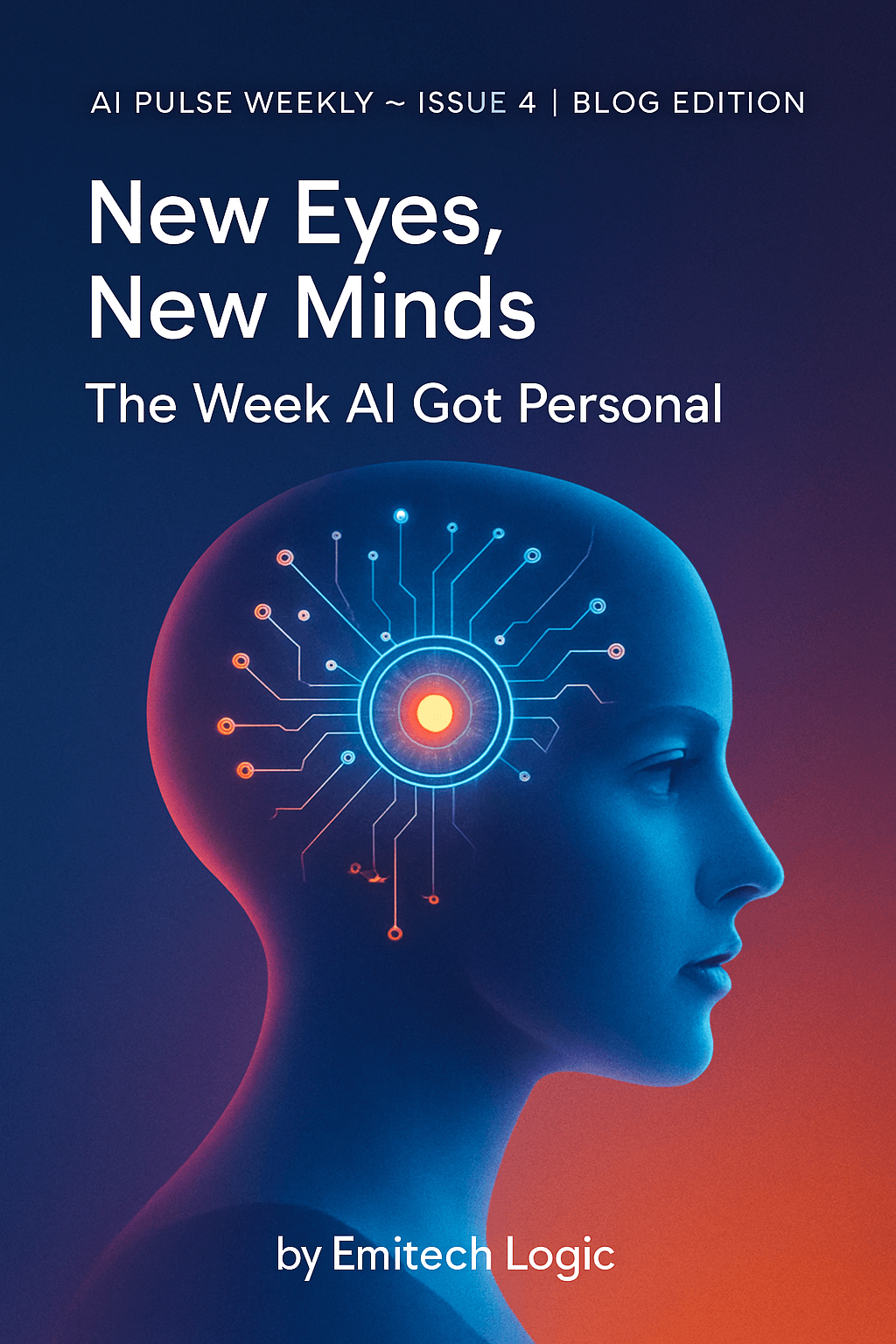
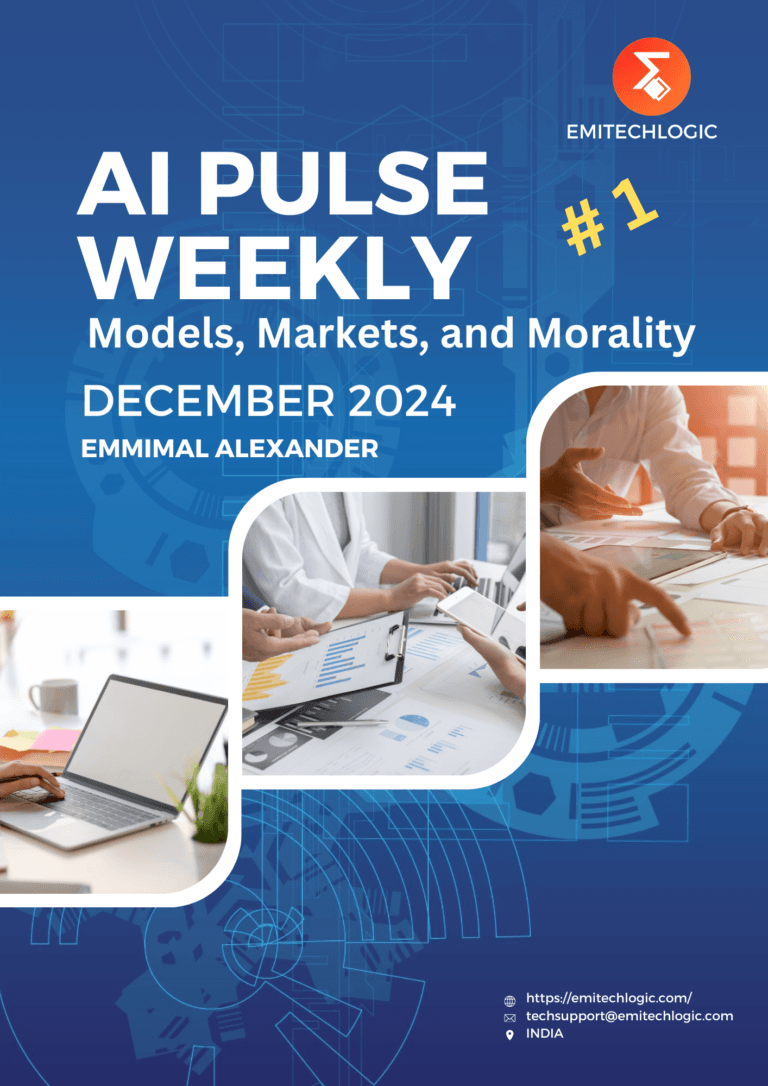
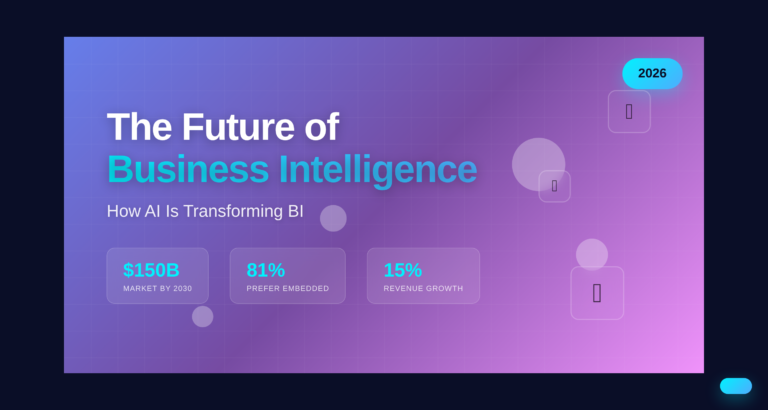
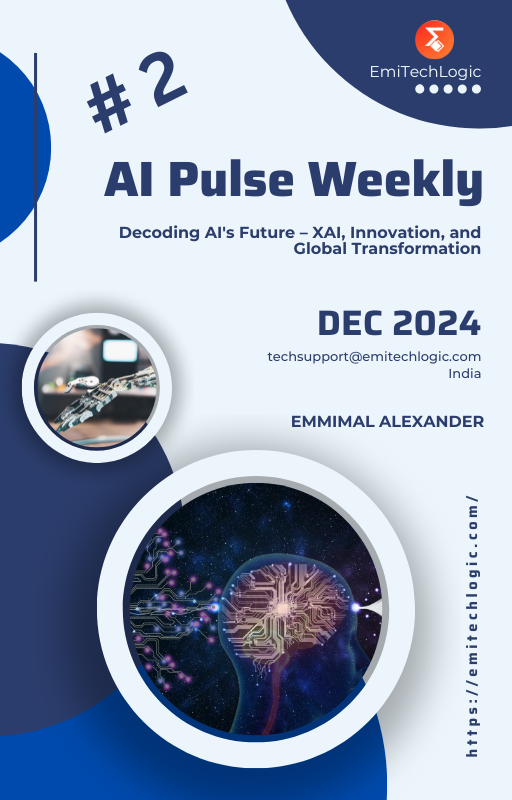

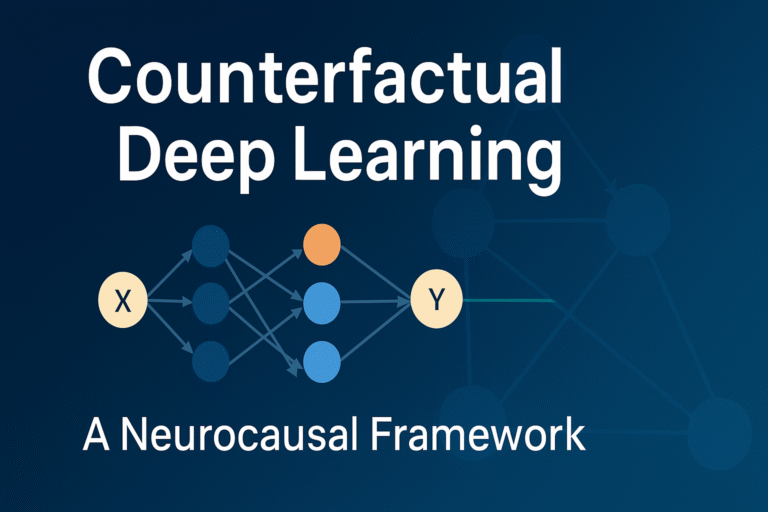
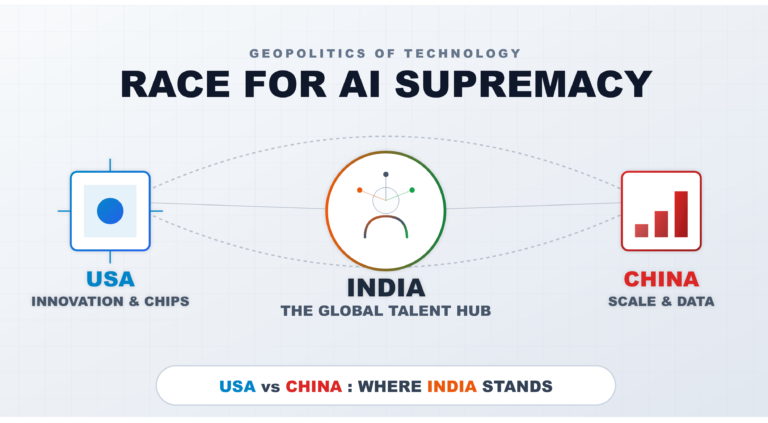
Leave a Reply